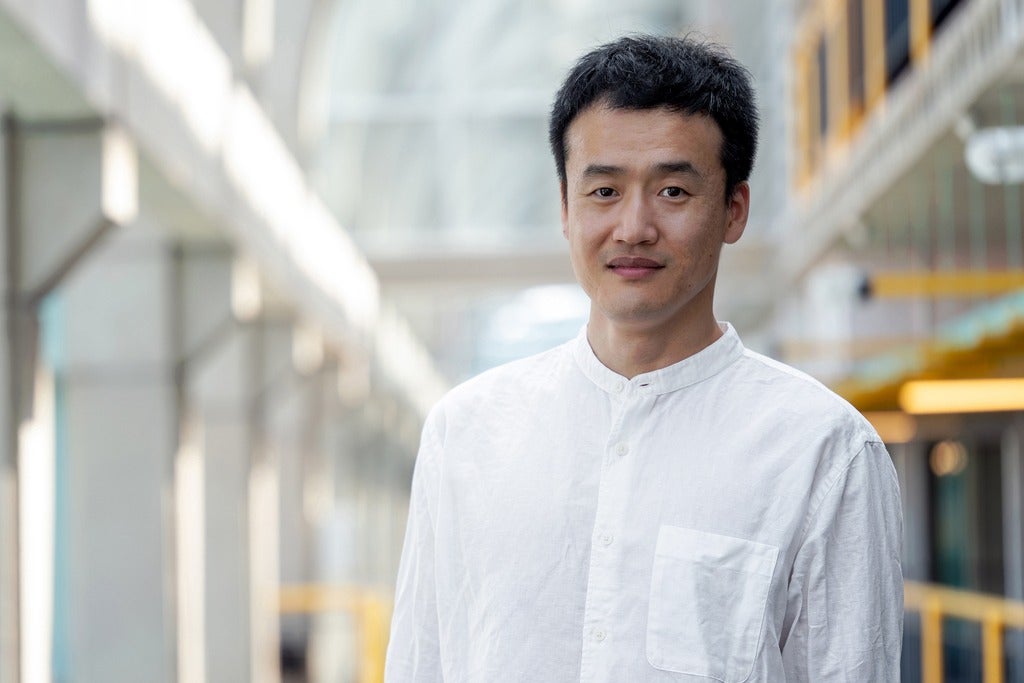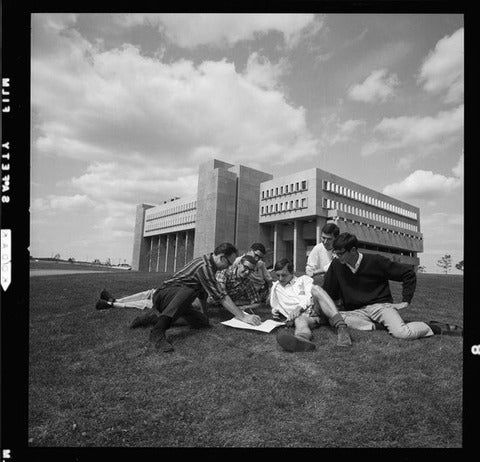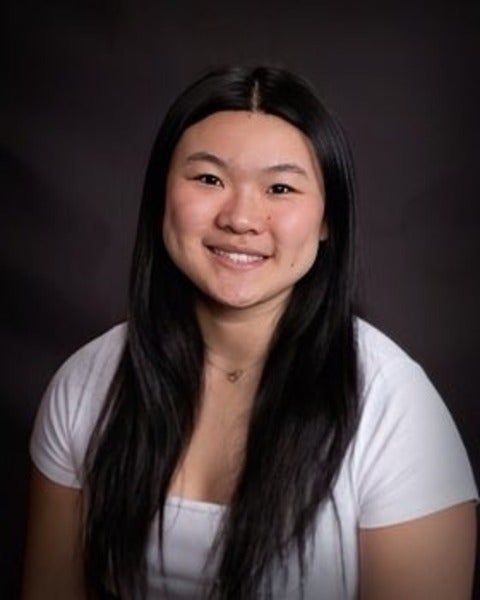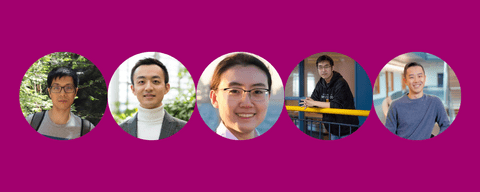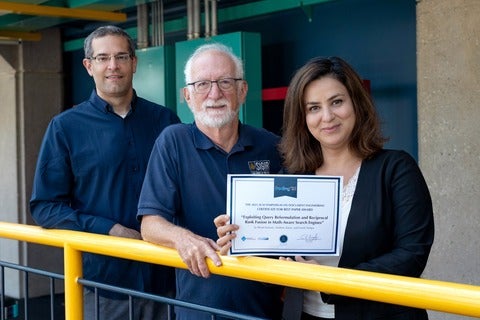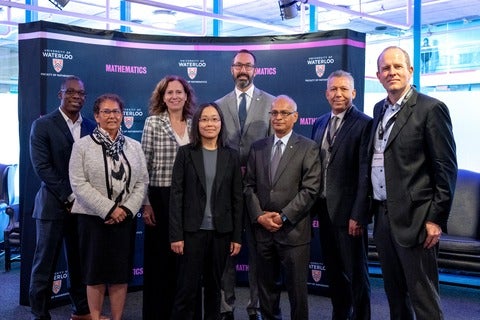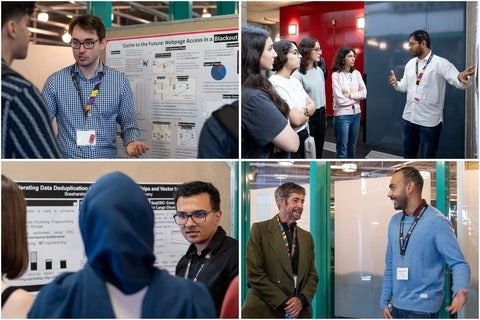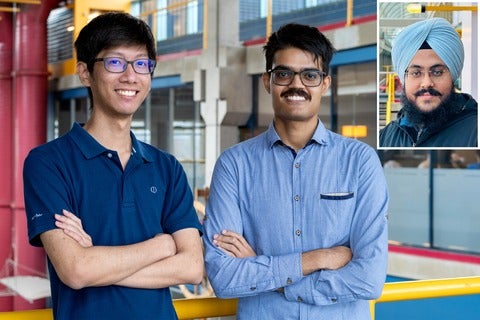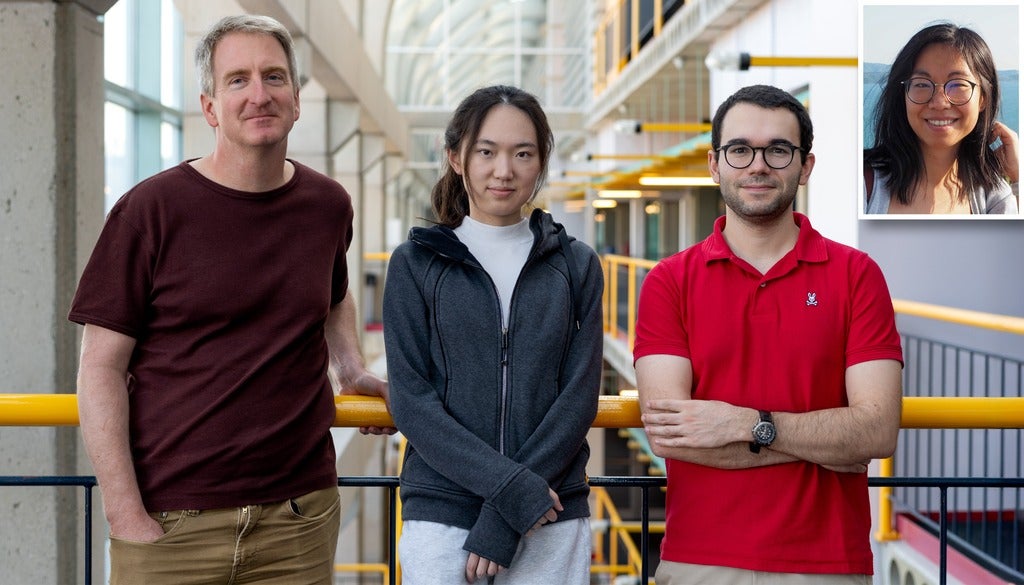Chengnian Sun and colleagues receive OOPSLA 2025 Most Influential Paper Award for research on automated compiler testing
Professor Chengnian Sun and his collaborators Vu Le and Zhendong Su have received the Most Influential Paper Award at OOPSLA 2025, part of the ACM SIGPLAN SPLASH conference.
Their paper, Finding Deep Compiler Bugs via Guided Stochastic Program Mutation, presented originally at OOPSLA 2015, was recognized for introducing a novel Equivalence Modulo Inputs mutation strategy that exposed previously undetected bugs in production compilers.
